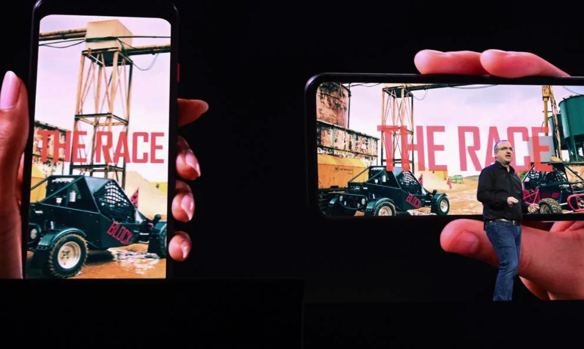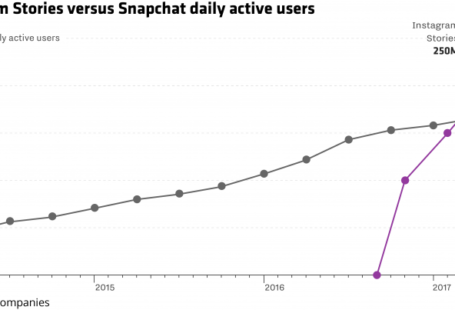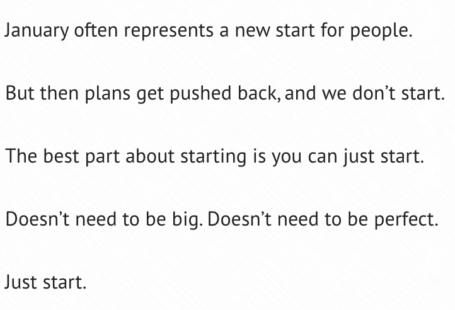Quibi was ambitious in thinking that the format of content should adapt to how we watch (whether portrait or landscape) and empowered users to watch in the format of their choice.

However orientation is barely scratching the surface, what they failed to consider is that context and co-creation matter more in a short attention format.
Consider how Tiktok filters can change the conversation, the remix/response further adds to the conversation. Tiktok is user-generated content, as is Instagram, however, Quibi wants to fulfill short term entertainment with high-quality production of the likes of Netflix.
What Quibi needed to do was consider the context we watch a movie, transcends just the format, but the ambiance and the feelings evoked when watching.
Amazon Prime has introduced Watch Party, to tap into the social aspects and motivations of watching movies together. Coupled with their ‘rentals’ of recent movie releases, Amazon Prime is on the verge of filling the gap of the movie theatres (See: Trolls World Tour). I’ve started renting a few recent releases, despite my Netflix/Prime subscriptions, because they fulfilled a different need than typical streaming. The rental night was a gathering event for close friends/family and watch party will further digitize that experience.

So what about Quibi?
Quibi should’ve considered blending elements of the short-form giants of social media with the high quality entertainment value. A few ways would be to consider how filters, interactive content and contextualized story-telling customizations could shift things.
Before digital actors and avatars start delivering the ultimate level of customization, storytelling with ‘alternate actors’ can create micro-transactional approaches to shows. Want to see this new show with protagonist played by Actor A or Actor B? Or potentially watch Actor C version. What about alternate endings (a la Netflix’s choose your own story mechanics). The innovative approaches one can rattle down can be limitless and actually feasible with a $1billion budget.
If Quibi isn’t doing this, Netflix should. The future of entertainment will continue to be digital, the next evolutionary stage would be for it to become customizable and controllable by the audience. We will still have shared experiences but with our own nuanced ways.


